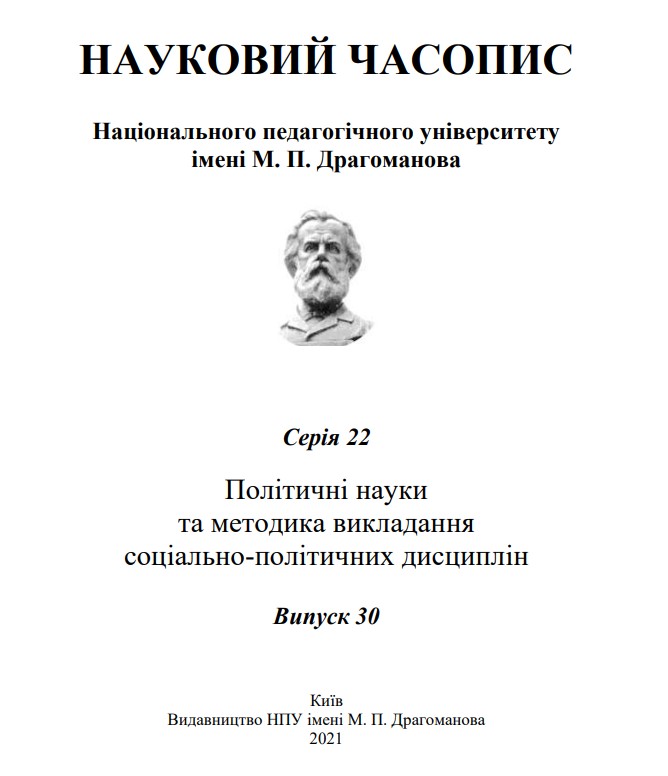REORIENTATION OF THE UNITED NATIONS DEPARTMENT OF GLOBAL COMMUNICATIONS
DOI:
https://doi.org/10.31392/pnspd.v22i30.1145Keywords:
information activities of the United Nations, information support, Department of Global CommunicationsAbstract
The relevance of the topic chosen is determined by the scale of the United Nations and the challenges it faces on a daily basis. The UN is a unique forum for solving complex urgent problems. Accordingly, the Organization should have bodies to enhance the effectiveness of efforts to improve the lives of people in the information field. The Department of Global Communications disseminates information through traditional and modern platforms, supporting the Organization's activities. Through its offices in sixty countries, the Department disseminates reliable and objective information to millions of people to energize the private and public sectors, civil society and member states to meet the challenges facing the United Nations.
The purpose of the article is to analyze the activities of the UN Department of Global Communications at the present stage. The methodological basis of the article is the general scientific principles of research. In the study of the information mechanisms of the UN system, systematic and logical-analytical methods were used. The historical approach made it possible to trace the evolution of the structure and activities of the DGC in the field of information. The complex use of various methods made it possible to create an objective picture of the effectiveness of the Department's information activities. The article discusses the process of reforming the Department of Global Communications. The reforms have made it possible to better meet the communications needs of the United Nations in the twenty-first century. In a changing information environment, the Department strives to quickly and actively inform people around the world about UN measures in languages they understand.
Reforms are cross-sectoral and include strengthening strategic planning and coordination in communications, an emphasis on partnerships, resource mobilization and innovation, and making better use of staff skills and expertise.The events are hosted by the Department of Global Communications under three subprogrammes: Strategic Communications Services, News Services, and Outreach and Knowledge Services. The article examines important initiatives of the Department of Global Communications to promote sustainable development goals, media engagement, work with youth, collaboration with academia, publications, etc. Also highlighted the enormous information work carried out by the Department in the field of promoting peace and security in the world. The activities of the network of UN information centers and services is considered.
Significant attention is paid by the authors to the use of social networks as an extremely important platform for reaching a global audience. The Department's social media accounts in all languages are attracting more and more new subscribers, including Facebook, Instagram, Twitter, WeChat, Weibo and others. Also, a large number of users visit the UN website. While the new digital portal attracts a growing audience, the UN News Portal also provides users with its audio, text, photo and video content through a popular reading app, multilingual social media accounts and a postal service. There has been an improvement in the efficiency of providing video, television and photographic materials. The work of such components of the UN information system as the UNIFID service, the UN Photo Library, the Dag Hammarskjold Library, the UN Library of Audiovisual Materials, the UN Intranet (iSeek), the deleGATE portal, etc. is considered.
DGC fulfills the tasks assigned to it, acting in several directions: publishing news and creating information products based on multilingualism, using the latest technologies, multimedia and social networks, conducting information campaigns on the main issues on the agenda of the Organization, as well as cooperation with numerous partners. Ongoing reform efforts are already yielding results, namely scaling up communication planning and coordination across the Organization, streamlining the management and integration of the UN information center network, and initiating strategic incentives for partnerships and innovation.

